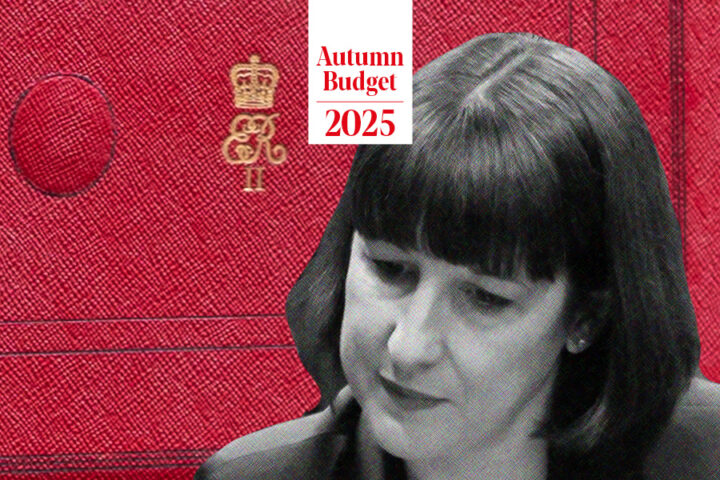Steven Cameron, Aegon’s pensions director, has predicted that the upcoming Spring Statement on 26th March will likely be silent on pensions.
However, he warned that rising financial pressures on Government departments could lead to closer scrutiny of both the state pension age and the triple lock mechanism.
He said: “Following Rachel Reeves’ inaugural Budget last November, the upcoming Spring Statement on 26 March offers the Chancellor an opportunity to give an update on the UK’s finances, informed by the latest Office for Budget Responsibility (OBR) forecast.”
He emphasised that while major tax reforms are expected in the Autumn Budget, and the 3-year Spending Review will take place in June, the Chancellor might still use the Spring Statement to signal the government’s future direction on tax and spending.
“Reeves may use the Spring Statement to set the ‘mood music’ for the future direction of travel on tax and spending policy against the overriding economic growth agenda,” he explained.
Cameron cautioned that if the OBR report revealed worse-than-expected economic conditions, pension policy could come under unexpected review. He added: “If the OBR’s report and other budgetary pressures are worse than anticipated, we can’t rule out a ‘rabbit in the hat’ review of the state pension.
“There’s already an ongoing review of the state pension age and government finances may mean it needs to increase further or faster.”
On the subject of the state pension triple lock, Cameron acknowledged its unpredictability and high cost, despite the Government’s current commitment to retaining it.
“We also can’t ignore the state pension ‘triple lock’ which has proven costly and unpredictable in recent years,” he said.
He suggested that an alternative approach might be needed to make pension costs more manageable.
He proposed: “Instead of annual increases being the highest of earnings growth, inflation, or 2.5%, a smoothing mechanism could be introduced.
“Pensioners might receive an inflation increase as a minimum, and if, over the previous three years, wage growth has on average been higher than inflation, they could receive an additional uplift.
“This would protect pensioner purchasing power and make future costs less unpredictable.”
Cameron also pointed to potential indirect pension impacts from the Spring Statement, including personal tax changes.
He said: “Announcements could have ‘second order impacts’ on pensions or pensioners. One possibility is an extension of the freeze on personal allowances, which will drag even more pensioners into paying higher income tax rates.”
While he expects pensions to be largely absent from the Spring Statement, Cameron noted that significant pension reforms are still on the horizon.
“The Government has many radical plans for pensions which we’ll hear more of in the coming months,” he said.
He highlighted the Pensions Investment Review, which is expected to encourage workplace pensions to invest more in assets that promote UK economic growth, potentially benefiting pension savers.
Looking ahead, the upcoming Pension Schemes Bill will introduce measures to ensure pension schemes provide good value for money and address the issue of small pension pots left behind when employees switch jobs.
Cameron concluded: “This summer’s Pension Schemes Bill will include new measures to ensure all pensions are offering good value for money as well as plans to bring together small pension pots individuals may have left behind when changing employers.”
















